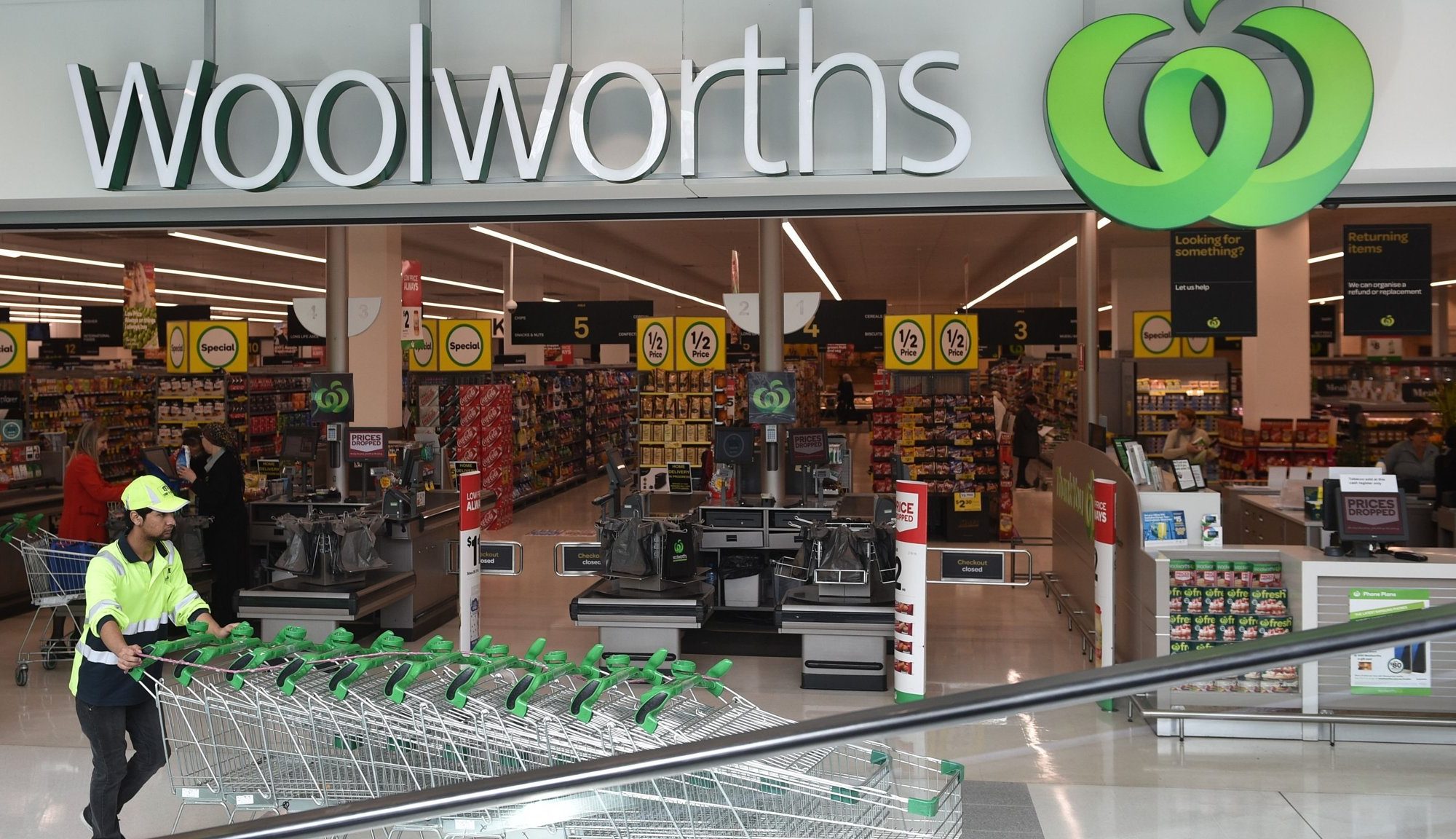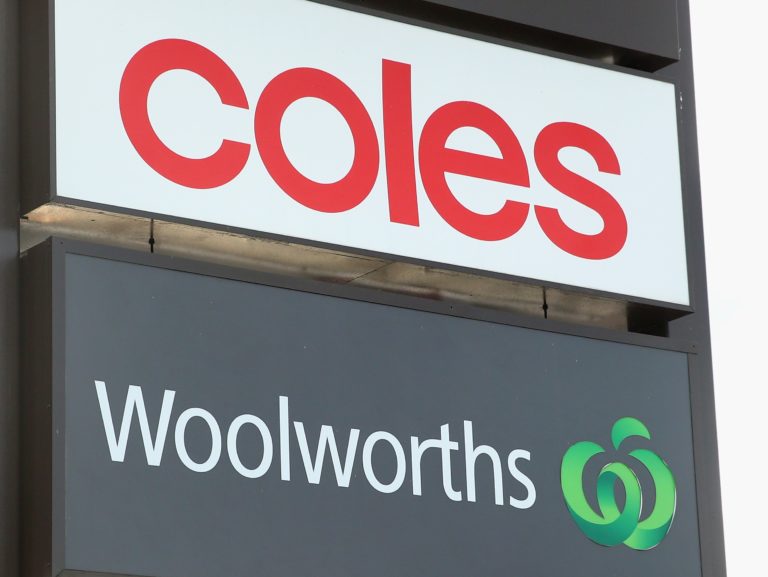The supermarket and grocery sector in Australia is increasingly competitive, not just between the “big two”, Woolworths and Coles, but with Aldi continuing to grow and new offshore market entrants looking to enter.
Competition is a good outcome, particularly for consumers – it creates choice, quality improvement and puts pressure on costs. However, where two large players dominate the market place and strive to compete primarily on price in order to attract customers, that price has to be paid somewhere else along the supply chain.
We have seen already in the dairy sector where artificially capped milk prices for several years have put pressure on all parts of the supply chain from farm to supermarket shelf. The buying power of Woolworths and Coles in particular means that they can force what seems at times to be unfair and unrealistic price expectations on the growers, manufacturers, transporters, packagers and distributors of retail grocery products.



 Nestle ceased supply of the popular breakfast cereal to Woolworths.
Nestle ceased supply of the popular breakfast cereal to Woolworths.


